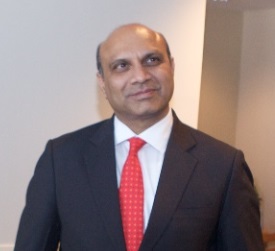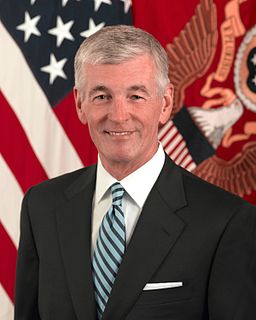A Quote by Aung San Suu Kyi
At the moment I would like to emphasize the need for vocational training, for non-formal education in Burma to help all those young people who have suffered from a bad education. They have to be trained to earn their living. They have to have enough education vocational training to be able to set up respectable lives for themselves.
Related Quotes
It's fairly obvious that American education is a cultural flop. Americans are not a well-educated people culturally, and their vocational education often has to be learned all over again after they leave school and college. On the other hand, they have open quick minds and if their education has little sharp positive value, it has not the stultifying effects of a more rigid training.
The best way to deal with AIDS is through education. So we need a really widespread AIDS education program. In fact, what we need in Burma is education of all kinds - political, economic, and medical. AIDS education would be just part of a whole program for education, which is so badly needed in our country.
Education is key. We have to keep girls in school and give them the same opportunities that boys have. They need access to vocational training and mentorship, as well. It's an issue of gender equality, which is fortunately a hot topic right now, but we need to keep at it and not rest on our laurels.
In Burma, we need to improve education in the country - not only primary education, but secondary and tertiary education. Our education system is very very bad. But, of course, if you look at primary education, we have to think in terms of early childhood development that's going back to before the child is born - making sure the mother is well nourished and the child is properly nurtured.
One must search diligently to find laudatory comments on education (other than those pious platitudes which are fodder for commencement speeches). It appears that most persons who have achieved fame and success in the world of ideas are cynical about formal education. These people are a select few, who often achieved success in spite of their education, or even without it. As has been said, the clever largely educate themselves, those less able aren't sufficiently clever or imaginative to benefit much from education.
It is my duty to say: Something has to change. I say that very directly, in clear words so that nobody can misunderstand me. And I believe in our new initiative for continuing education and vocational training. For French people who are socially disadvantaged, this means real recognition and support.



































